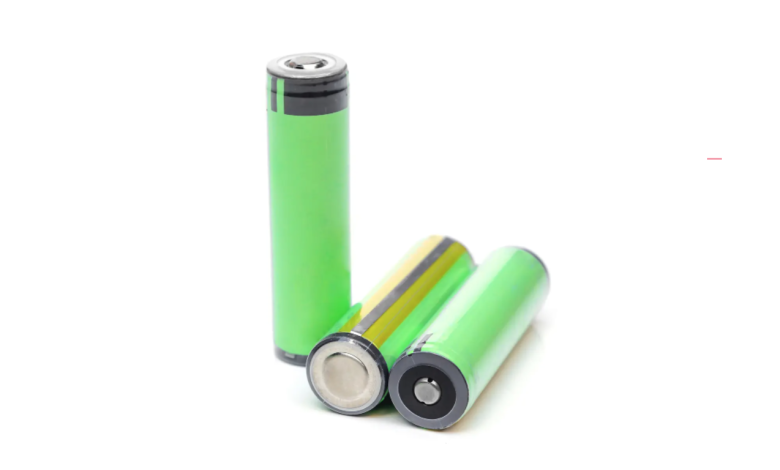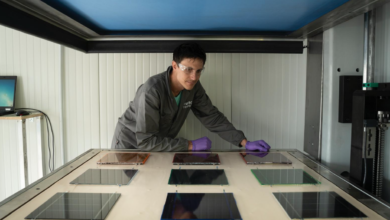Rechargeable batteries: Science identifies the formula for lasting 100 years
Identified the recipe (and operating conditions) for rechargeable batteries centenaries
(Sustainabilityenvironment.com) – A rechargeable battery that works for 100 years? Today is not possible but a not too distant tomorrow may be the standard. A group of scientists in Canada has, in fact, identified a chemical formula that is particularly promising for durability. They are experts in Advanced Battery Research, a division created by Tesla at Dalhousie University in Halifax. In the paper (English text) published these days in the Journal of the Electrochemical Society, researchers describe the operation and potential of a lithium-nickel manganese-cobalt battery (Li[Ni0,5 Mn0,3 Co0,2 ]O2).
The device has been compared to lithium iron phosphate (lifepo4) technology, which now accounts for half of Tesla’s car battery production. Nickel and cobalt-free, lifepo4 batteries are one of the most valuable alternatives to the traditional chemical formulation for lithium ions. Robust and economical, however, they have the disadvantage of being heavier at the same capacity. That’s why part of the industry research continues to insist on nickel and cobalt in the hope, however, to create a storage system of incredible durability. And in this way reduce a part of the “side effects” related to the two elements in question.
Towards a battery for 100 years
In fact, the formula does not represent the real novelty of the study. Scientists have found that if the lithium-nickel manganese-cobalt batteries were modified to allow their use at a lower voltage, they would last much longer than other similar batteries. Also overcoming lithium iron phosphate. In particular, tests have shown that if such devices were used at 3.8 volts instead of the standard 4.2 (maintaining them at a temperature of 25 degrees Celsius) a lifetime of 100 years could be achieved.
One of the keys to success seems to be the use of an electrolyte with LiFSI lithium salts; the paper notes that the advantages could also apply to other nickel-based chemicals, including those without or low in cobalt. However, there are not indifferent cons as reported by Bob Yirka on Tech Xplore: they cost more and may not be able to meet the fuel requirements of cars. Although they can be an option for fixed accumulation and the search is still only at the beginning






